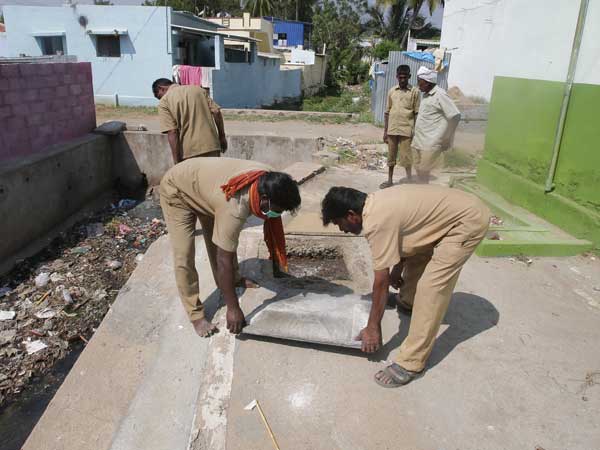
In recent years, India has seen concerted efforts in increasing access to clean water, toilets, and sanitation systems. Despite the progress however, nearly four per cent of urban households in India still do not have access to toilets.
For the nation to make significant progress in its health and environment indicators, a two-pronged approach to sanitation is required.
- Increased access to toilets
- Tackle the full cycle of sanitation from collection and treatment to safe disposal of wastewater
The Tamil Nadu Urban Sanitation Support Programme (TNUSSP) aims to demonstrate and scale measurable improvements along this full cycle of sanitation among the urban poor.



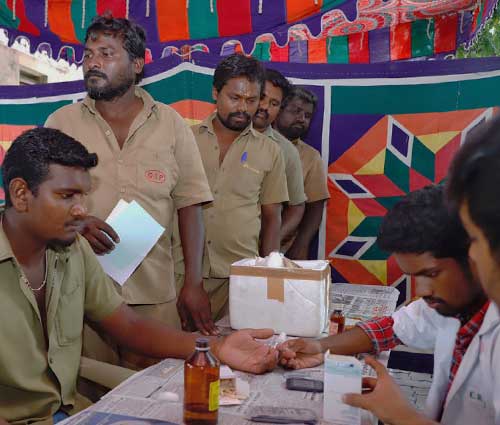
Public Health, Environment and Sanitation
There are major public health and environmental concerns linked to inadequate urban sanitation. Evidence shows that a large number of diseases are caused by poor water, sanitation and hygiene, with diarrheal diseases being the most significant. According to recent estimates, diarrhoea causes nearly one in every 10 deaths in children under five in India. Another consequence of inadequate sanitation is malnourishment leading to stunting in childhood. From an environmental perspective, the inability to adequately treat wastewater is leading to the pollution of water bodies and contamination of groundwater aquifers.
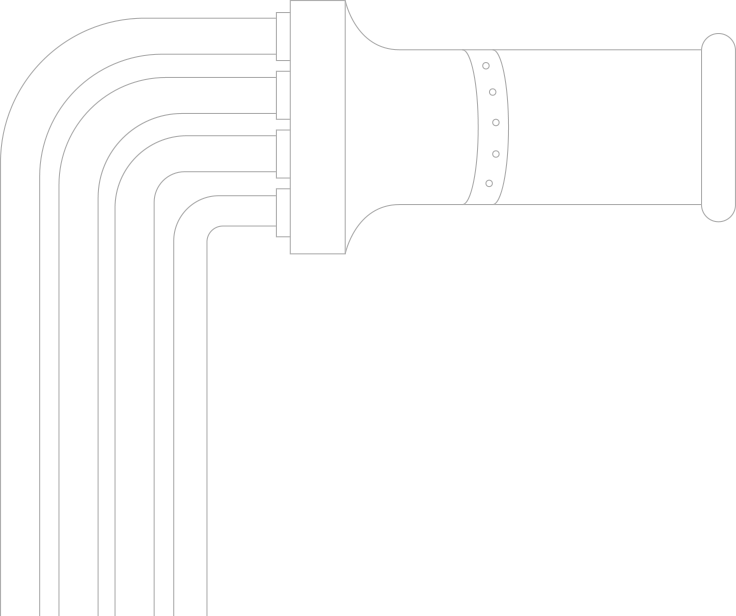
Economy and Sanitation
These public health and environmental impacts exact a heavy economic cost and limit the development potential of low-income countries such as India. A 2010 study on the economic impacts of inadequate sanitation in India estimated losses to be at 6.4 per cent of the country’s GDP. With a lack of access to adequate sanitation, daily routines are disrupted leading to loss of productivity. Often this economic impact is greater among vulnerable groups such as women, persons with disability and low-income communities, who are also the least able to afford adequate health care.

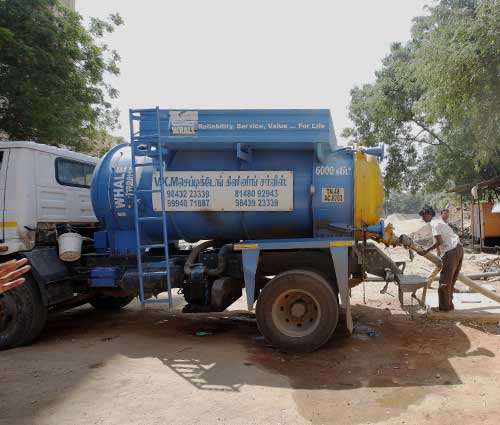
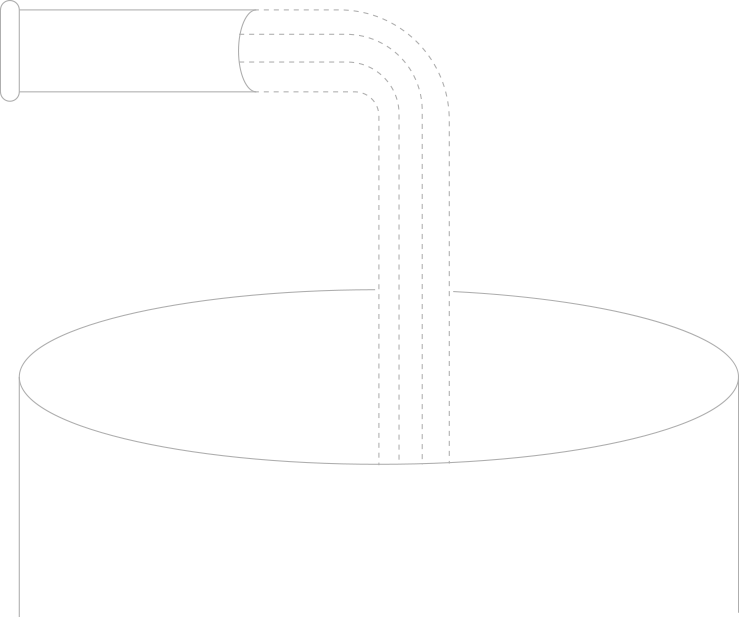

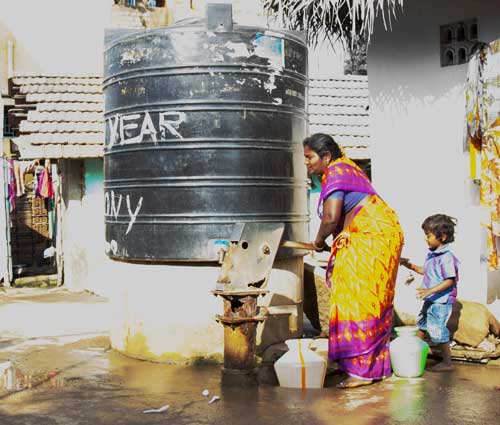
Climate Change and Sanitation
The effects of poor water and sanitation are further exacerbated by climate change, one of the most significant challenges of our times. Extreme events of precipitation, heat stress, droughts, and flooding are increasingly impacting drinking water and sanitation systems. The United Nations Sustainable Development Goals (SDGs) are a global response to tackling climate change.
Recognising the many disproportionate impacts of inadequate sanitation, SDG 6 was framed to “achieve access to adequate and equitable sanitation and hygiene for all and end open defecation, paying special attention to the needs of women and girls and those in vulnerable situations”. Our work with the urban poor, many of them women, and our onus on inclusive sanitation finds resonance in SDG 6.

Our Resources
We would like to share our wealth of knowledge on urban sanitation systems with you. Use our resources to further existing research in this field, understand behaviour change communication better, or to improve the implementation of sanitation projects.

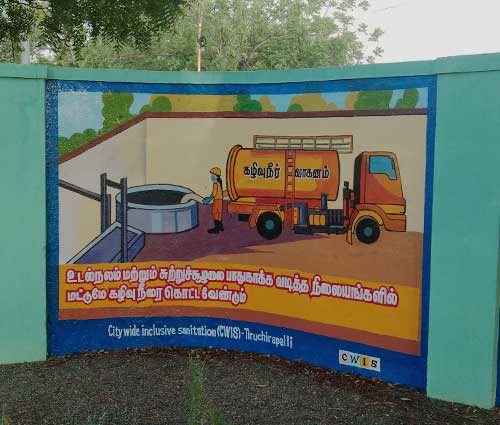


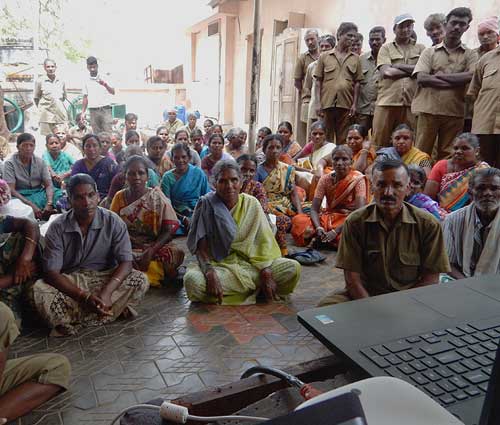
More Sanitation Resources on the Web
Here are links to other organisations doing great work in the water and sanitation sector in India and across the world.


